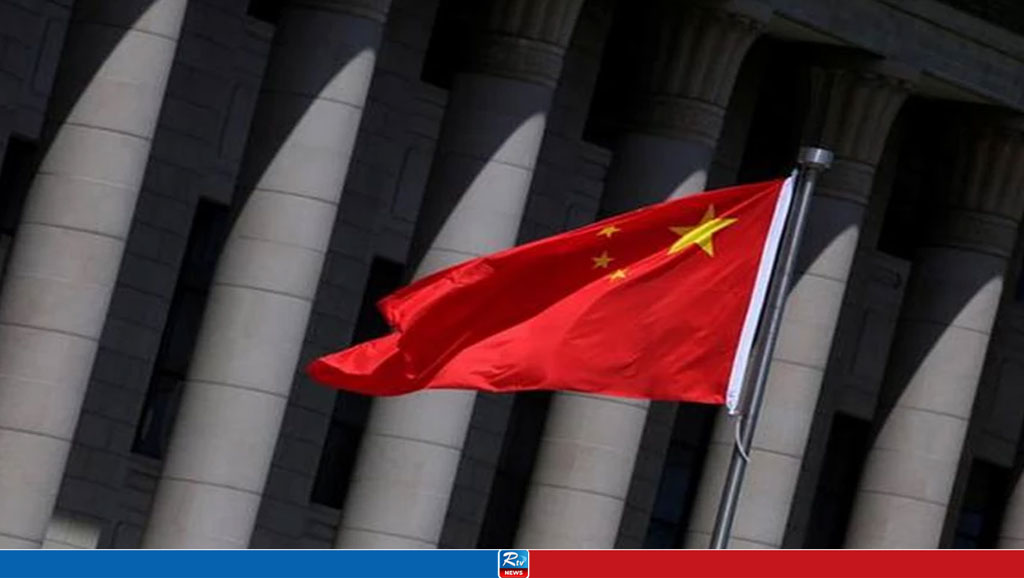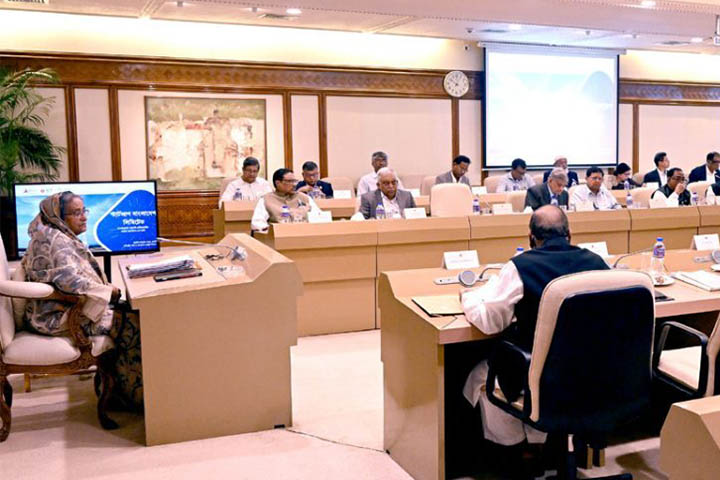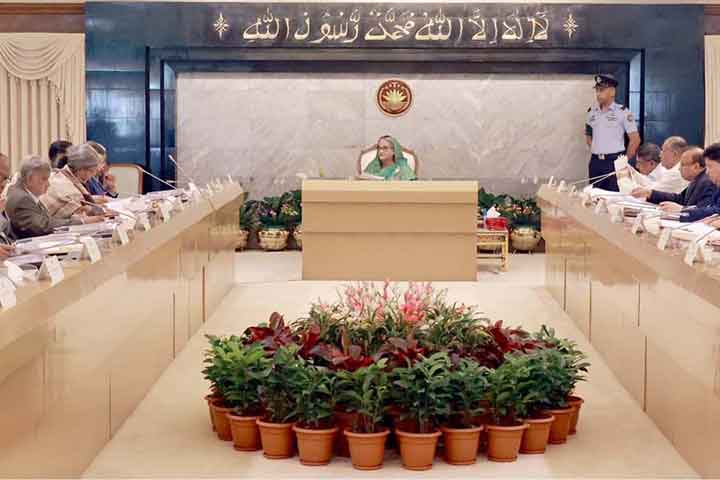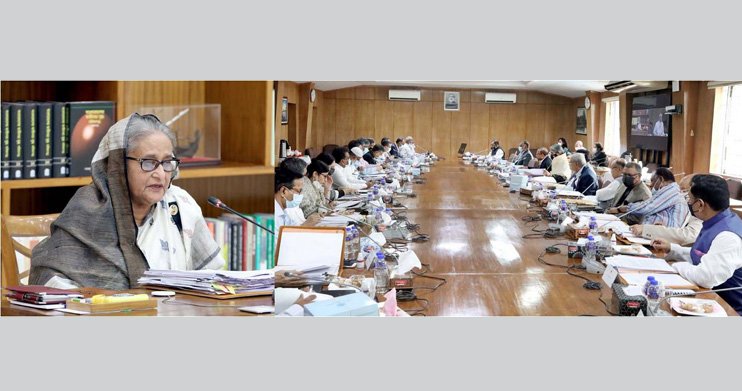People to get pension after 60 years age; cabinet approves draft act
The country’s people aged 18 to 50 years would be eligible for the benefit of the universal pension scheme to be introduced by the government after being of their age 60 years.
Each person of the country, on the basis of availing the scheme, would start to receive the pension after becoming 60 years old as the Cabinet today gave final approval (upon the vetting of the law ministry) of the draft of “Universal Pension Management Act, 2022”.
Cabinet Secretary Khandker Anwarul Islam briefed the newsmen after the meeting at Bangladesh Secretariat.
Prime Minister Sheikh Hasina chaired the meeting at the Prime Minister’s Office (PMO) in the capital.
Apart from the people aged between 18 to 50 years, the cabinet secretary said under special arrangements, the elderly people can also avail the benefits of this pension through participating in the scheme.
In order to come under the pension scheme, one has to pay a fixed amount of premium for at least 10 years, he said, adding that after completing 60 years, the person will get this benefit till death.
Now, after the vetting from the Legislative and Parliamentary Affairs Division of the Law Ministry, the act will be sent to the National Parliament, said Anwarul Islam.
He said, “All Bangladeshi nationals aged from 18 to 50 years can participate in this pension scheme. And the expatriate Bangladeshis can also take part in it. They (expatriates) can get registered and provide premium”.
The Finance Division has placed the draft of the Universal Pension Management Act, 2022 aiming to bring the growing elderly population under a sustainable social safety net for the causes of unemployment, disease, paralysis, old age or other similar conditions, or penury amid the high life expectancy rate.
Anwarul Islam said if an elderly person dies before the age of 75 years, the nominee will get the pension for the remaining time, posing an example that if anyone dies at 62, his nominee will get pension for 13 years.
Besides, if someone dies while paying the premium, but he is not yet 60 years of age, then the nominee of that person will get the deposited money with one time benefit, he said.
He added: “That person will not get any pension”.
For example, he said a person is 20 years old and is contributing to this pension. If he dies at the age of 30, then his nominee will get the deposited money with one time benefit, he added.
However, the amount of premium will be determined by a rule under the proposed law, he also said.
According to the proposed law, there will be a five-member national pension authority headed by a chairman and also a 15-member governing body with the Finance Minister as its chair, said the cabinet secretary.
Besides, the Cabinet in principle approved the draft of the Press Council (Amendment) Act, 2022 aiming to improve and maintain the standard of the newspapers and news agencies as well as remove false journalism.
A proposal was made in the draft law to impose monetary fine for harming or breaking the security of the State, public order and morality, but the Cabinet rejected it, said the cabinet secretary.
“The Cabinet left it (the amount of fine) on discretion of the press council,” he said, adding that the council can voluntarily take offenses in cognizance.
He said the draft law will come back to the Cabinet as it didn’t give the final approval yet. The proposed law was designed to bring an amendment to the existing law of 1974, he added.
In reply to a question, Anwarul Islam said the news agencies mean all print and digital media.
There will be a 17-member press council instead of the existing 14-member one as per the draft law, he said.
Moreover, the Cabinet cleared a proposal for Bangladesh to sign and ratify Marrakesh Treaty to Facilitate Access to Published works for persons who are Blind, Visually Impaired or Otherwise Print Disabled.
The Marrakesh Treaty was adopted in 2013 in Marrakesh, Morocco by the World Intellectual Property Organization (WIPO) to address the widespread problem known as a “book famine,” the situation where few books are published in formats that are accessible to those who are blind or visually impaired.
Moreover, the Cabinet cancelled its previous decision over the formation of Sovereign Wealth Fund, which was taken in 2015.
Source: BSS
AH
20 Jun 2022,20:21

















 Live Tv
Live Tv









